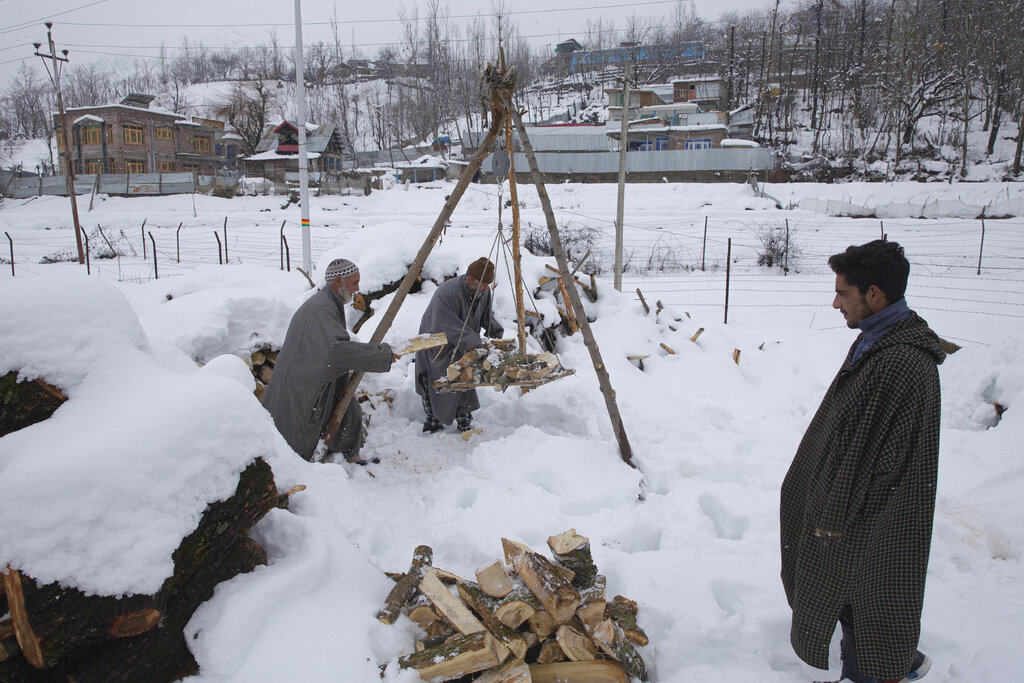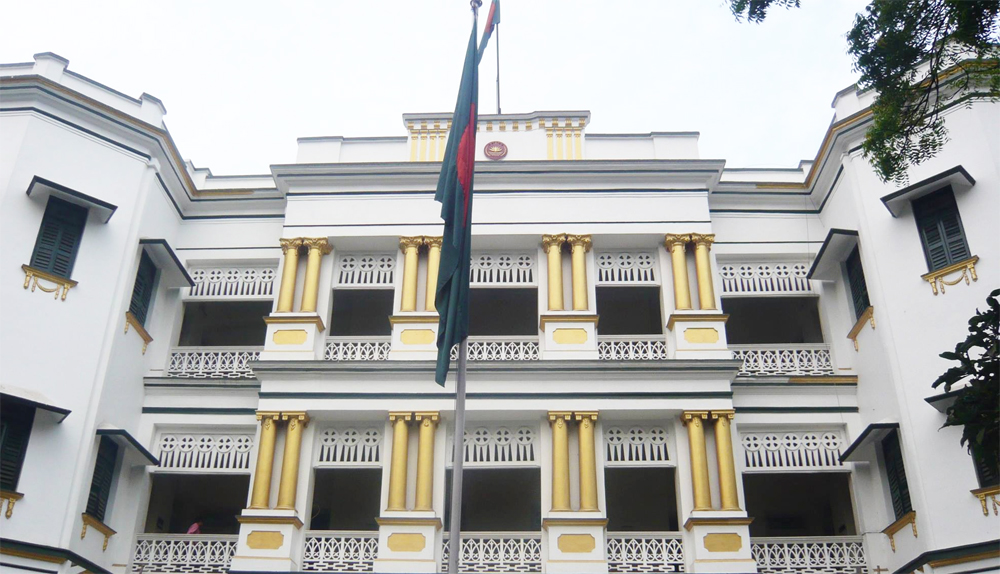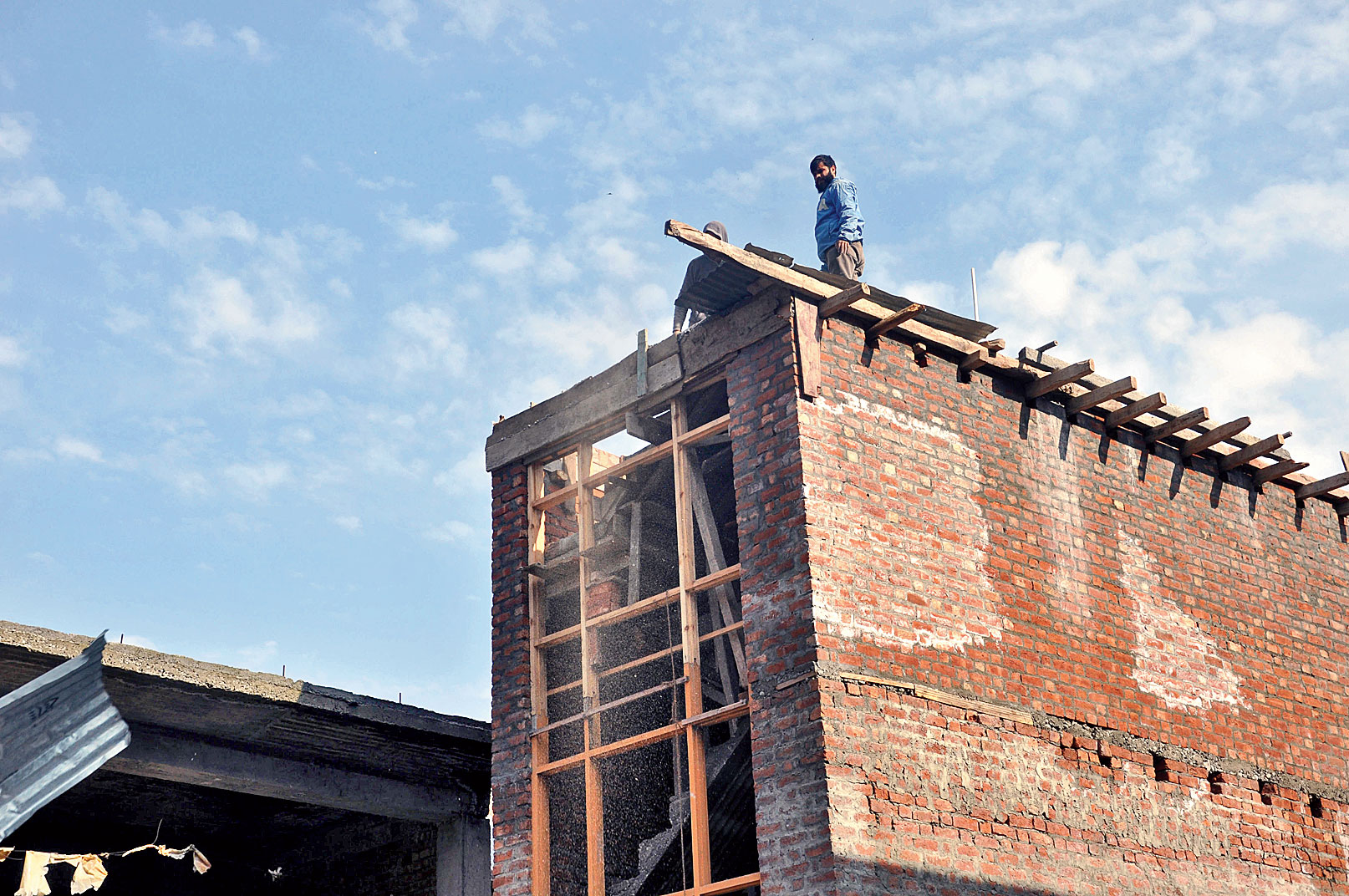One of the consequences of the de-operationalization of Article 370 in August 2019 and its related actions was the resurfacing of the Jammu and Kashmir issue on the United Nations Security Council’s radar on August 16, 2019 after nearly 49 years. On December, 21, 1971, the Security Council Resolution 307, which was adopted by 13 votes in favour with abstentions by the former Union of Soviet Socialist Republics and Poland, was the last time that Jammu and Kashmir was mentioned in any of the Council resolutions. Even this cursory mention was in the light of the India-Pakistan war that resulted in the creation of Bangladesh.
On January 15, 2020 the People’s Republic of China requested another briefing in the Council. The mention of any debate in the Security Council rekindles a sense of anxiety within the subcontinent. In this connection, a more nuanced understanding of the granularities that underpin these discussions is required in the light of institutional as well as particular realities related to Jammu and Kashmir that provide an overall context to these discussions. The discussion on Jammu and Kashmir on August 16 and January 15 was under the format, “any other business”, which comes under informal consultations of the Council. Informal consultations are not official meetings of the Council. The Council members have frequently used the AOB format as a multi-purpose platform to introduce drafts and to discuss specific incidents or situations. This can be a briefing from the UN secretariat and representatives of the secretary-general. There can also be officiating heads of political, human rights, developmental or humanitarian branches depending on the situation and the request of the member states. These meetings are not held in the Security Council chamber but mostly in a room adjoining the chamber. There is no public record of AOB topics.
Right at the end, the UN senior official and supporting staff have to leave the room as the member states privately decide on the possible outcomes. In terms of possible outcomes of the Security Council discussions on an issue or situation, it can be a resolution, a statement by the president, a note by the president, a letter from the president or a press statement. All others except a resolution, which is adopted through an affirmative vote of nine members including the concurrent votes of the P-5, pursuant to Article 27 of the Charter, are done by consensus. Or there is no outcome and de facto the Council decides to follow the situation. In terms of rules, nine affirmative votes are required to decide whether an issue can be discussed or not in the Council, including whether or not to include an agenda item, as it comes under the ambit of rules for procedural votes. The Elected-10 members, also known as E-10, is a group greatly influenced by the dynamics among the P-5 on a particular issue as the substantive decision will always be subject to a veto of the P-5.
On Jammu and Kashmir, each P-5 member has its historical and contemporary peculiarities at the Council and otherwise. With an initial deference to the United Kingdom, the United States of America started having its own distinct proactive involvement on Jammu and Kashmir in the early 1950s. Along with the UK, the US was the co-sponsor of many resolutions in the years to follow. As the US imprint increased globally, the interests of the two did not exactly converge on Jammu and Kashmir. Over the years, the US stance has been dictated by broader strategic interests in Asia, including Cold War considerations in the pre-1990 era. In the post 9/11 phase, the US’s concerns were about transnational extremism that had connections with some of the Jammu and Kashmir-centric, Pakistan-based extremist outfits.
The UK has domestic compulsions, owing to the enormous number of British citizens who are of Pakistan-administered Jammu and Kashmir descent, and this has an impact on its foreign policy on Jammu and Kashmir-related issues. Most of the PAJK diaspora members are Labour Party supporters. The massive mandate recently garnered by the Conservative Party leader, Boris Johnson, may bring a change in nuance, including at the Council. This may be resisted, including by the nine newly elected members of the British Parliament and their constituents, who have a direct link with the PAJK.
France’s direct historical engagement on Jammu and Kashmir is limited, although that has started to change. France was one of the vocal members demanding the sanctioning of Masood Azhar, the founder of the Jammu and Kashmir-centric terrorist outfit, Jaish-e-Mohammad, on the Security Council 1267 Sanctions Committee list. The sanctioning finally happened after the Pulwama attack as the PRC agreed to drop its procedural objections on May 1, 2019. In contrast to other Council members from the West, France has been outspoken in underlining the importance of the bilateral ambit between India and Pakistan. However, after the recent telephonic conversation on January 10 between the French president, Emmanuel Macron, and the Indian prime minister, Narendra Modi, France released a carefully drafted public statement that the two discussed the situation in Jammu and Kashmir.
On Jammu and Kashmir there are marked differences between the PRC and the Russian Federation. As the Cold War created its own alignments and the Communist Party’s first secretary, Nikita S. Khrushchev, visited Srinagar in 1955, Russia’s support to India on Jammu and Kashmir became overt, as it abstained and vetoed tactically at the Council to favour India. The Russian Federation’s present stance on India and Pakistan could be understood from the August 9 statement of the Russian foreign ministry. The statement had said, “We proceed from fact that the changes associated with the change in the status of the state of Jammu and Kashmir and its division into two union territories are carried out within the framework of the Constitution of the Republic of India. We hope that the parties involved will not allow a new aggravation of the situation in the region as a result of the decisions.”
The PRC’s innings as a P-5 member has been short, with its admittance to the Council on November 23, 1971. In the last 49 years, the PRC, which called for a briefing on August 16 and may possibly do so again, has not consistently supported Pakistan at the UN. In March 1994, the PRC along with the Islamic Republic of Iran bailed India out when Pakistan moved a resolution at the UN human rights council at Geneva for the sending of a fact-finding mission to Jammu and Kashmir. With a much weaker political and economic heft, India fielded its top political — from Opposition and ruling parties — and diplomatic talents, including Atal Bihari Vajpayee, Manmohan Singh, Farooq Abdullah, and India’s permanent representative to the UN headquarters, Hamid Ansari. A few Indian intellectuals and human rights activists, who had global credibility on subcontinental issues, were present to articulate the historical and contemporary nuances of the issue. This allowed the international community to shun the binary narrative.
At a practical level, a five-month old legislative change has not gained traction among Council members, including the P-3 (the US, the UK and France). The main concern for the P-3 remains the human rights situation in Jammu and Kashmir and its implications for regional security. Expending diplomatic capital on an issue that had long been pushed to the backburner at the Council for nearly five decades has costs. India is a contender for the E-10 membership of the Security Council for 2021-22 from the Asia-Pacific region in the June 2020 elections. Pakistan and the PRC were among 55 countries there which had declared their support to India’s candidature in June 2019.
Reversing the focus on Jammu and Kashmir will involve concrete internal steps. In the last decade, accumulated anger in the Kashmir valley led to great violence, particularly during spring and summer. The policy of forced political dormancy, the detention of political leaders including the former chief minister, Farooq Abdullah, and internet curbs for an unlimited time is unsustainable and diplomatically indefensible. These are the minimum steps. And for long-term structural stability political and economic institutionalized decentralization, and the genuine empowerment of Jammu and the Kashmir valley with re-conferment of statehood is a must.
The writer is the author of Militancy in Jammu and Kashmir: The Uncovered Face













